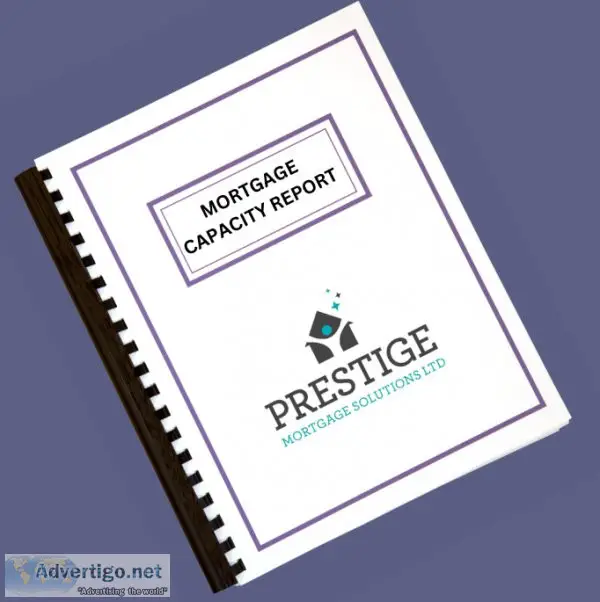
Mortgage capacity assessment for court
When it comes to mortgage capacity assessment for court proceedings, it is essential to evaluate an individual s ability to fulfil their financial obligations regarding a mortgage. The court relies on this assessment to make informed decisions regarding loan approvals, foreclosures, and other related matters. In this article, we will delve into the key factors involved in mortgage capacity assessment, highlighting their significance in determining a person s financial capabilities. Income and Employment Stability One of the primary factors considered during a mortgage capacity assessment is the borrower s income and employment stability. The court examines the consistency and reliability of the individual s income source, ensuring it is sufficient to cover mortgage payments. Factors such as regular employment, length of employment, and income growth potential are evaluated to determine the borrower s ability to meet their financial obligations. Debt-to-Income Ratio The debt-to-income (DTI) ratio plays a crucial role in assessing mortgage capacity. It measures the proportion of an individual s monthly income that goes towards paying off existing debts. Lenders and courts typically have thresholds for acceptable DTI ratios, as it helps evaluate an individual s ability to take on additional debt responsibly. A lower DTI ratio signifies a better capacity to manage mortgage payments, while a higher ratio may raise concerns about the borrower s ability to handle additional financial burdens. Credit History and Score The borrower s credit history and credit score are essential indicators of their financial responsibility and capacity to repay debts. Mortgage capacity assessment involves a thorough examination of the individual s credit report, which reveals their repayment patterns, outstanding debts, and any previous delinquencies. A high credit score and a clean credit history are favourable indicators, demonstrating a reliable borrower who is likely to meet their mortgage obligations. Down Payment and Equity The amount of down payment made by the borrower is another key consideration. A higher down payment indicates a greater commitment and financial stability. Additionally, the borrower s equity in the property being mortgaged is evaluated. The equity serves as collateral and provides assurance to the court that the borrower has a vested interest in protecting their investment, making it more likely for them to fulfil their mortgage obligations. In this case mortgage capacity assessment for court proceedings is very indispensable. Financial Reserves and Assets The presence of financial reserves and assets acts as a safety net, assuring the court that the borrower has resources to fall back on in case of unexpected financial difficulties. These reserves can include savings accounts, investments, or other valuable assets. A borrower with substantial financial reserves is considered to have a stronger mortgage capacity sinc
-
Category: Business & Industrial
Important!
There are a lot of advertisers on Advertigo. We cannot check them one by one.
You work hard for your money and you want a company you can rely on when you are buying or selling things. That’s why we want to help you protect yourself from fraud. In this section, you’ll find informative tips and other useful material to stay informed and help reduce your chances of falling victim to scammers.
Please understand that Advertigo.net is a free service to help buyers and sellers (and etc.) find one another. Advertigo.net is not involved in any transactions and can not police the actions of our many users.